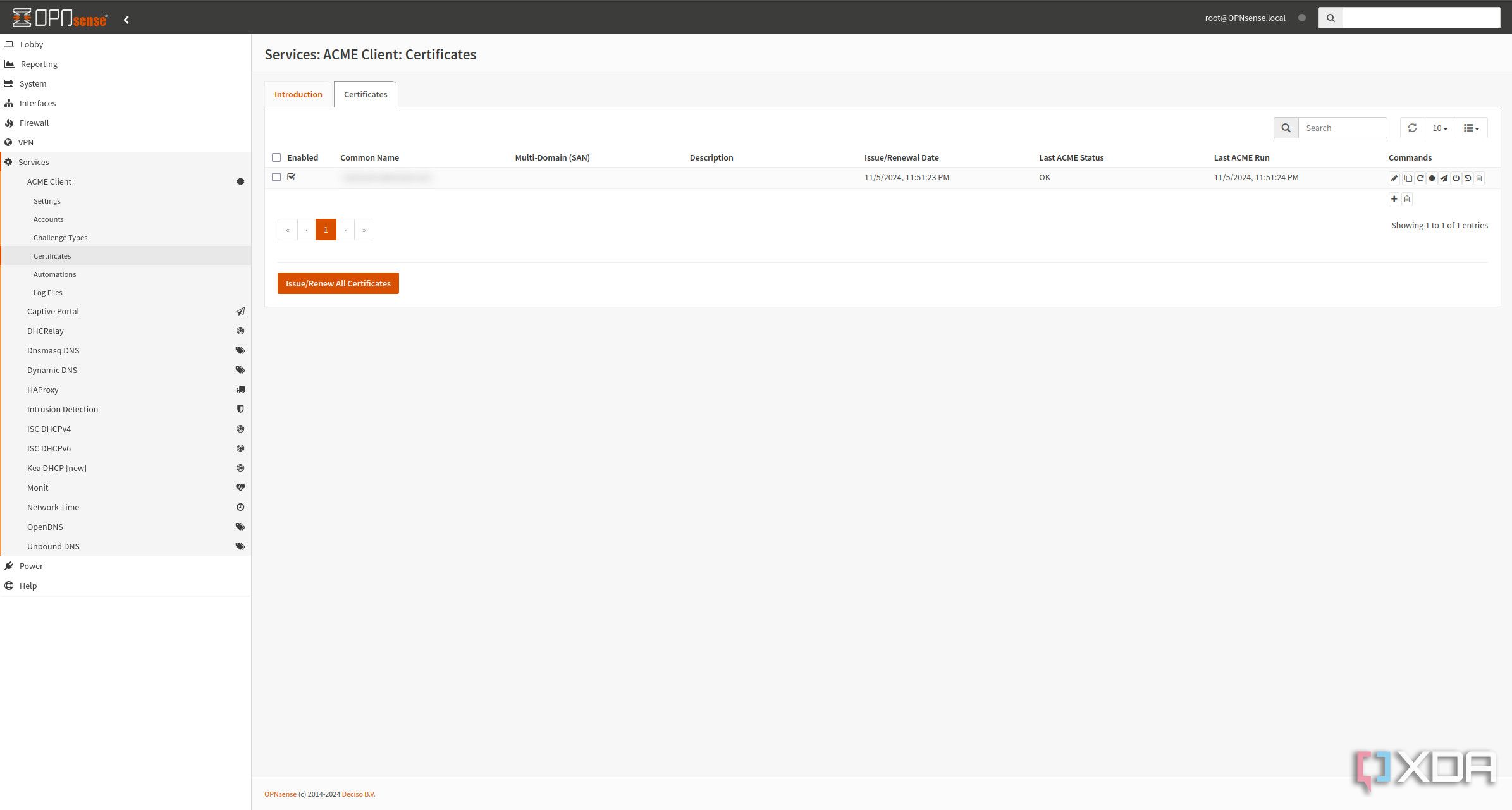©2021 Reporters Post24. All Rights Reserved.
When you first start out building a home lab or self-hosting services, security is often a secondary thought as you’re not using your new tools outside your home network. But as you go on, you realize how unsafe the internet can be, and want to use SSL encryption for your apps, like any server on the modern web. Whether you’re building a reverse proxy for accessing your stack or being more adventurous with hosting an email server, you’ll need SSL to encrypt your data while in transit between the server and client.
While you can self-sign SSL certificates for home use and testing, or even run a DNS server to use local domain names, it’s less effort to purchase a domain name, switch it to Cloudflare or another large name server provider, make some DNS records to link that domain to your home IP, and get an SSL certificate from a certificate authority (CA) that enables HTTPS connections to your services.
Most CAs follow this established practice, but you can also issue certificates for an IP address instead of a domain name. The biggest CA, Let’s Encrypt, is starting to offer this, which is very, very exciting. Users have requested this since Let’s Encrypt began in 2015, but several recent technical changes have made it a viable option.



